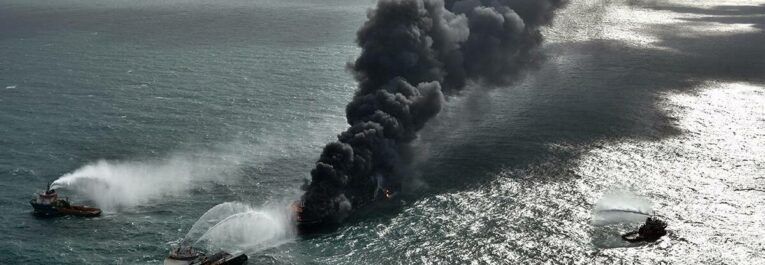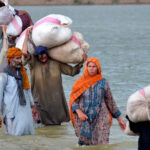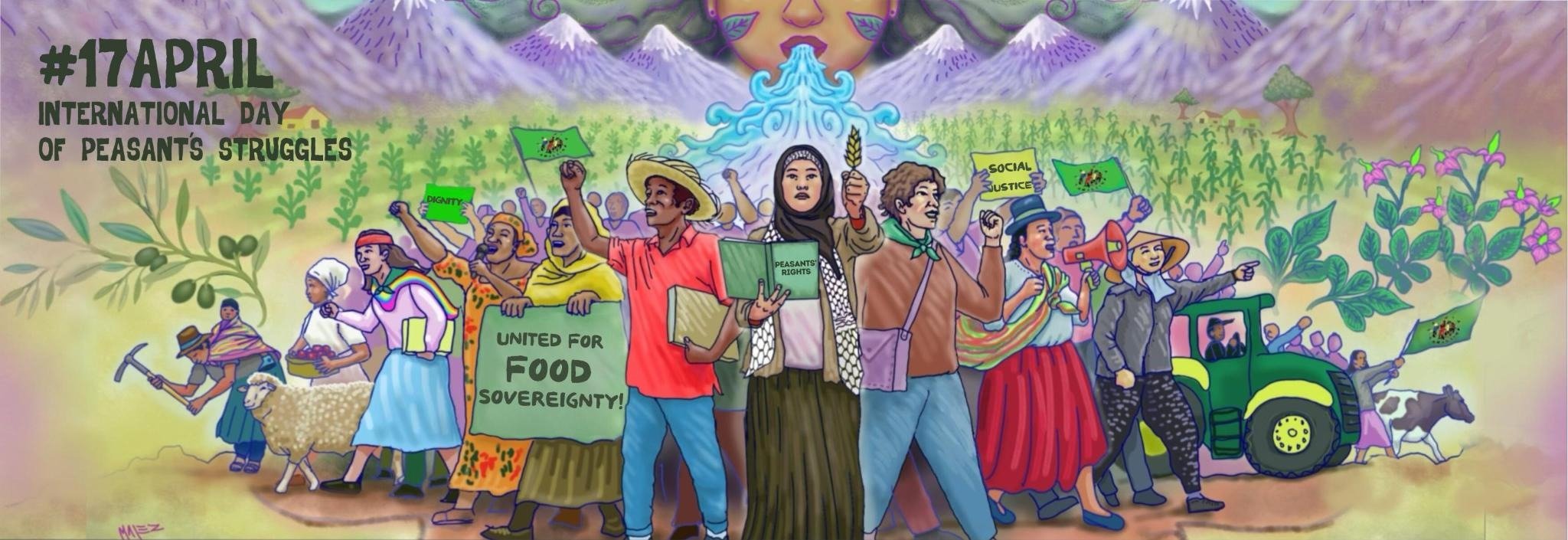The Government, relevant agencies, and authorities must take immediate action to stop the devastation still being caused by the Express Pearl fire and prevent further such damage.
The X-Press Pearl Containers Carrier, a container vessel registered under the Singaporean flag, after been on fire near the Port of Colombo, is now sunk. It transported containers of extremely harmful acids to the environment, human life, marine life, and plants.
In a press release published on the website of International Planning Committee for Food Sovereignty (IPC) Negombo Citizens’ Collective – affirm that chemicals and harmful acids are contaminating the sea due to the fire, and an environmental catastrophe is taking place.
The water on the beach has been toxically contaminated, and the sea breeze is blowing in an unprecedented quantity of debris to the beach, making it difficult to clean up.
Environmentalists and marine experts believe that the devastation will be disastrous for local communities, and it will also play havoc on ocean waters, fish stocks, aquatic plants, and coral reefs.
The Marine Environment Protection Authority [MEPA] has warned people not to touch any goods or materials that enter the sea from the ship as they may contain highly toxic chemicals. Even now, dead fish in the ocean are floating on the water’s surface and have been washed ashore.
The Sri Lankan Government has warned fishers not to go fishing in the sea and warned them not to eat fish harvested from the area. Due to these measures, the fishing community – already heavily impacted by the COVID-19 pandemic – is devastated.
A similar accident occurred in Sri Lankan waters several months ago, and it is questionable why Sri Lanka has not been able to put in place a mechanism to deal with such accidents while many ships are currently transiting near Sri Lankan waters.
This catastrophe causes air pollution, ocean pollution, and land pollution and can lead to catastrophic health problems for humans and the environment.
Although several international conventions and treaties are defending the laws of the sea, which can be legally enforced in the occurrence of such accidents at sea, we have not been able to appeal to any of these legal schemes since Sri Lanka has not ratified many of these conventions.
The IPC press release demands the following measures immediately;
1. Providing necessary relief to the fishing community who cannot engage in their daily livelihood due to this catastrophe.
2. If the facilities and resources available to Sri Lanka are not sufficient, obtain international assistance or take action to stop this ongoing devastation.
3. Take immediate action to stop the seepage of the harmful material spreading through the sea into the Negombo Lagoon and other freshwater reservoirs, rivers, and canals connected to the sea.
4. To conduct a proper assessment of the environmental, economic, and social devastation and pollution caused on a scientific basis and seek due compensation from any group or individual directly or indirectly responsible for this devastation.
5. The Government of Sri Lanka should study the maritime conventions associated with the ocean to which it has not yet been responsible, sign those conventions as soon as possible and formulate policies at the national level.
6. To develop and implement a proper preventive mechanism to prevent such accidents and minimize the potential damage through an appropriate study of such accidents in the future.
7. Conduct an independent and comprehensive investigation into granting permission to enter Sri Lankan waters without paying due attention to the dangers of this container ship and bringing all responsible parties and individuals to justice.
For a complete version of the Press Release visit >> International Planning Committee for Food Sovereignty (IPC)







